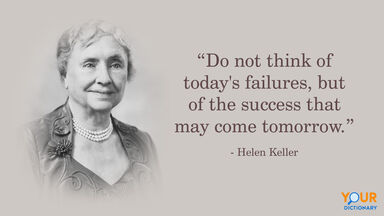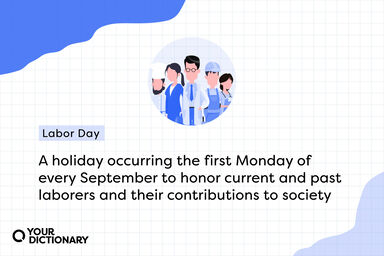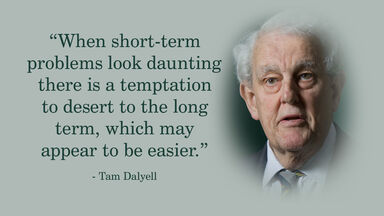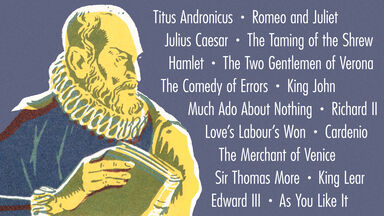The antagonism between free labour and slave labour became the theme of many of his speeches.
As wealth increased the peasant-farmer gave way before the large landowner, who cultivated his property by means of slave-labour, superintended by slave-bailiffs.
Cato, Varro and Columella all agree that slave labour was to be preferred to free except in unhealthy regions and for large occasional operations, which probably transcended the capacity of the permanent familia rustica.
In the factories or workshops kept by wealthy persons slave labour was mainly employed; but free artisans sometimes offered their services to these establishments or formed associations to compete with them.
Other colonies were founded in Bahia, Espirito Santo and Rio de Janeiro during the same period, but they were unsuccessful, partly because of the competition of slave labour.





